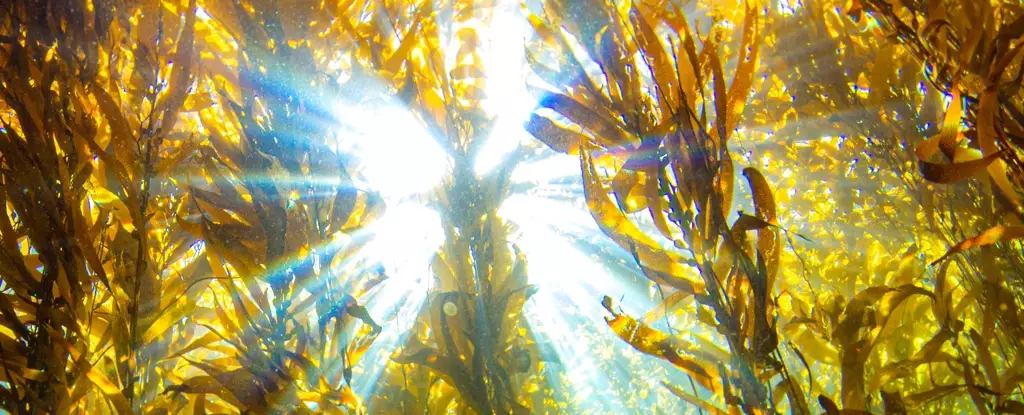The 2024 study on the potential benefits of eating the seaweed Ecklonia cava in preventing or slowing down Parkinson’s disease has garnered attention in the medical community. Researchers discovered that antioxidants found in this seaweed, commonly used in Asian cuisine, could play a crucial role in protecting neurons from free radicals that contribute to the development of Parkinson’s disease. This neurodegenerative condition impacts the nervous system and is characterized by symptoms like tremors, stiffness, and mobility issues, resulting from the loss of dopamine-producing neurons in the brain.
The study’s findings add to existing literature linking dietary antioxidants to neuroprotection against Parkinson’s disease. Compounds like resveratrol, ellagic acid, α-lipoic acid, and myrtenal present in various foods demonstrate potential benefits in preserving dopamine-producing neurons and improving cognitive and motor functions in animal models of Parkinson’s. While the exact mechanism of action remains unclear, the antioxidant properties of these substances are believed to counteract the harmful effects of free radicals in the body, protecting cells from oxidative damage.
Antioxidants play a crucial role in combating free radicals produced in response to environmental stressors and normal cellular processes. While the body naturally generates antioxidants, certain foods such as Ecklonia cava offer a rich source of these compounds, enhancing the body’s defense against oxidative stress. The study from Japan further demonstrated the benefits of Ecklonia cava antioxidants in mitigating symptoms of Parkinson’s disease in mice exposed to the neurotoxin rotenone, which induces a Parkinson’s-like condition characterized by motor impairments and gastrointestinal dysfunction.
Despite the promising results observed in animal and cell studies, it is essential to acknowledge the limitations of translating these findings to human treatments. While antioxidants like vitamin C have shown efficacy in animal models of Parkinson’s, their impact in human clinical trials may vary due to differences in disease progression and cellular responses. Animal models lack the full complexity of human brain structures and functions, while cell cultures may oversimplify the multifaceted nature of Parkinson’s disease, hindering the accurate representation of long-term symptom progression.
The research on Ecklonia cava as a potential intervention for Parkinson’s disease underscores the need for robust clinical trials to validate its efficacy and safety in human populations. While food supplements containing Ecklonia cava are already available, further research is needed to determine the optimal dosage and formulation for therapeutic use. Given the complexity of Parkinson’s disease and the variability of individual responses to treatment, large-scale clinical trials are essential to establish the efficacy of Ecklonia cava as a preventive or therapeutic agent. In the meantime, maintaining a healthy lifestyle that includes regular exercise and a balanced diet remains crucial in reducing the risk of neurodegenerative diseases like Parkinson’s.
While the research on Ecklonia cava’s potential benefits in Parkinson’s disease is intriguing, more extensive clinical studies are necessary to determine its effectiveness in human patients. By understanding the limitations of animal and cell models, researchers can better design clinical trials that accurately assess the impact of Ecklonia cava antioxidants on Parkinson’s disease progression. As science continues to explore novel treatments for neurodegenerative disorders, the quest for effective therapies for conditions like Parkinson’s remains a critical focus for medical innovation and patient care.


Leave a Reply